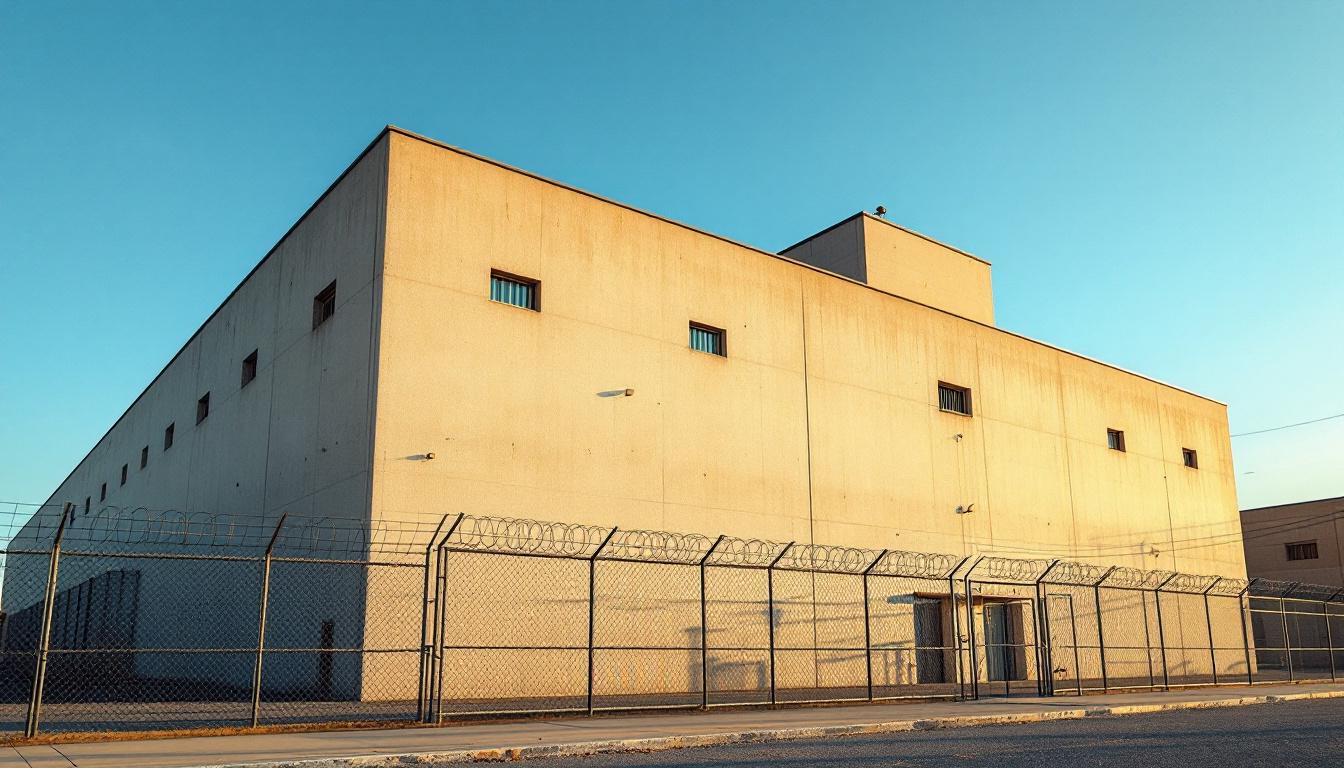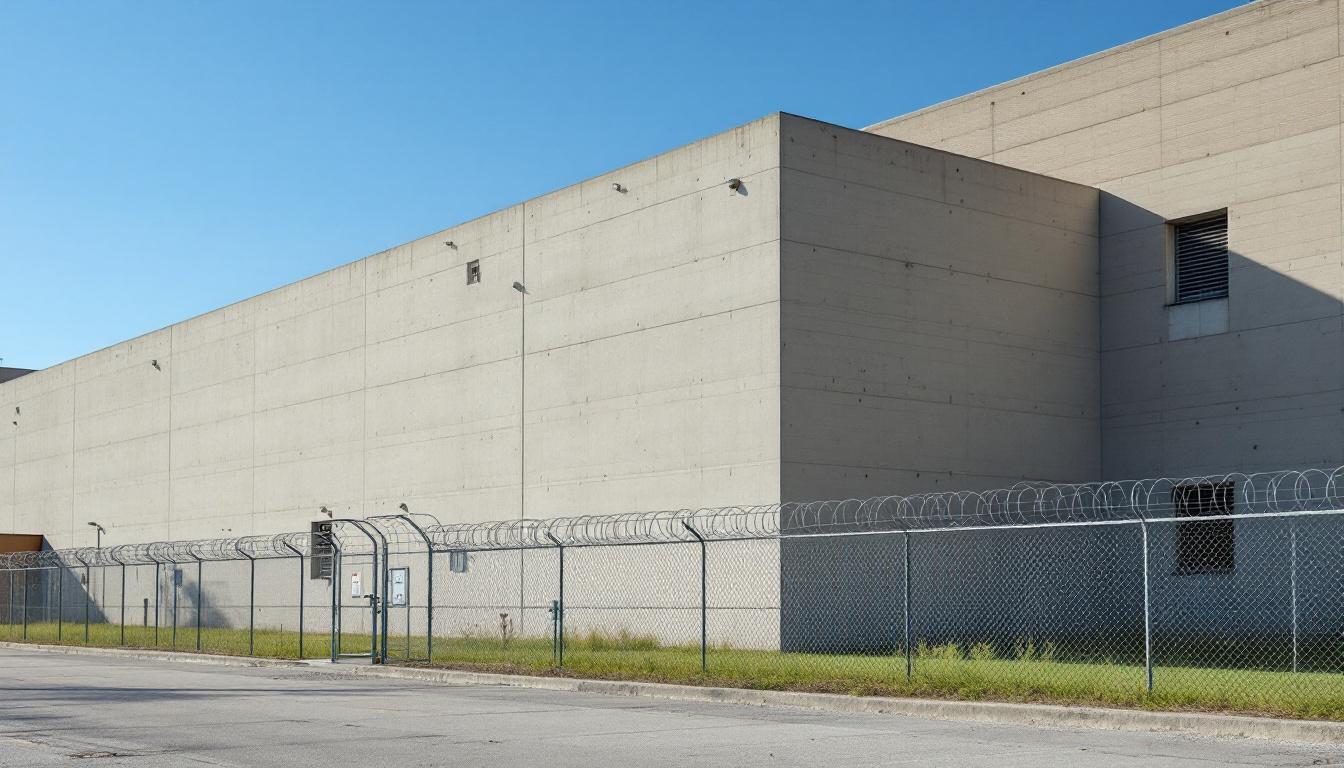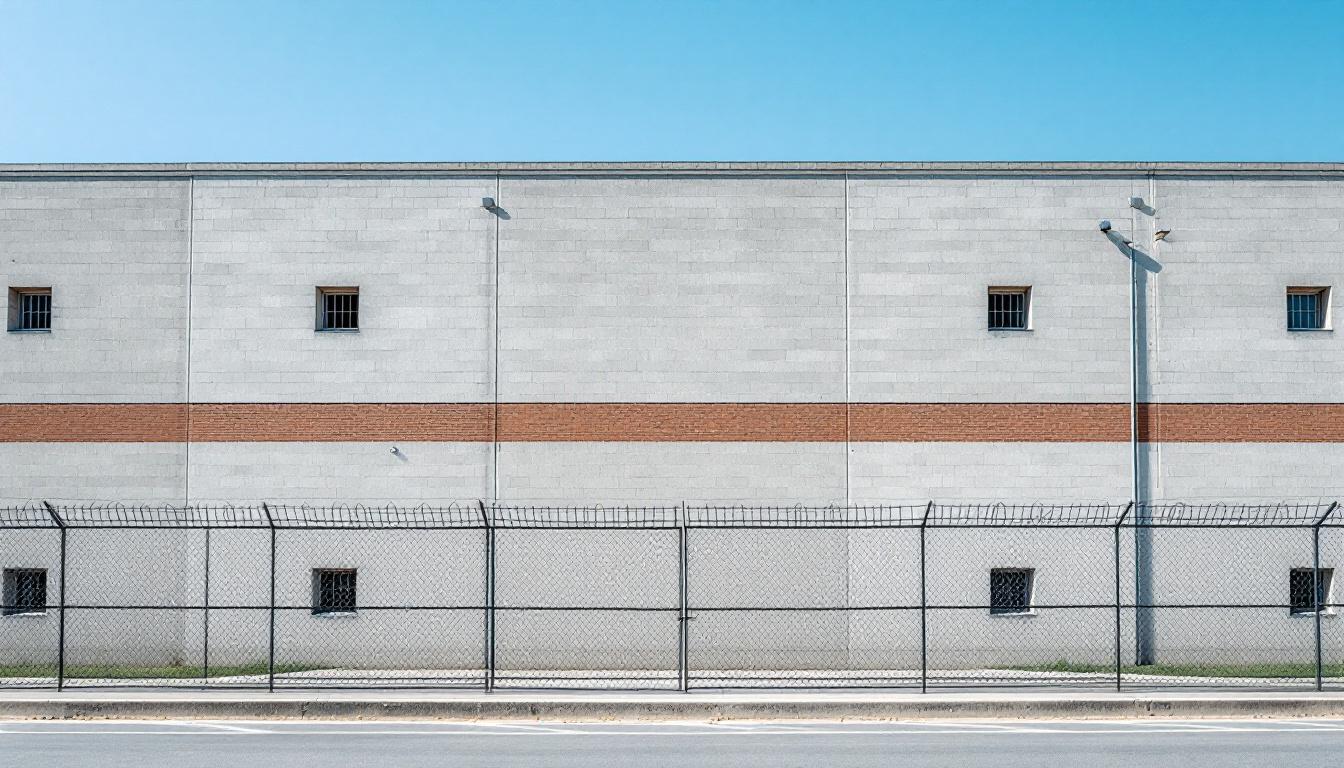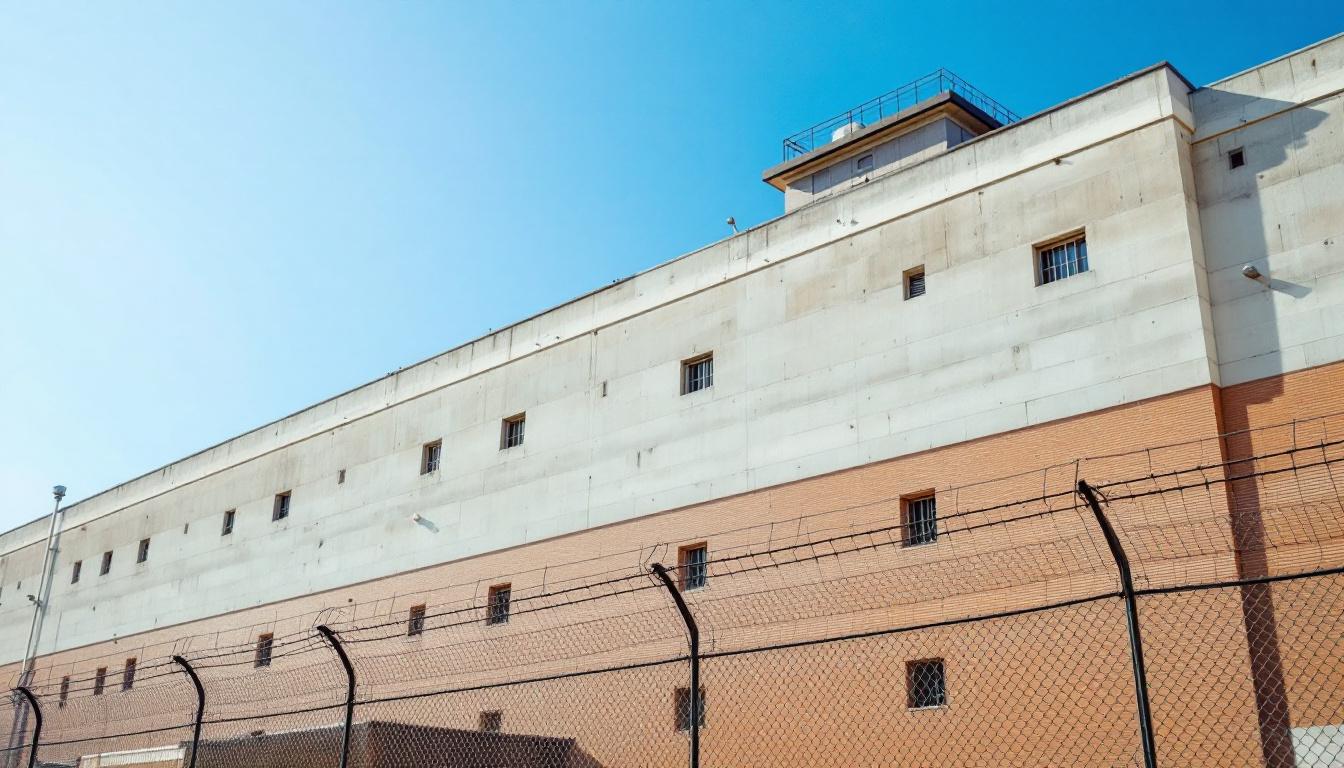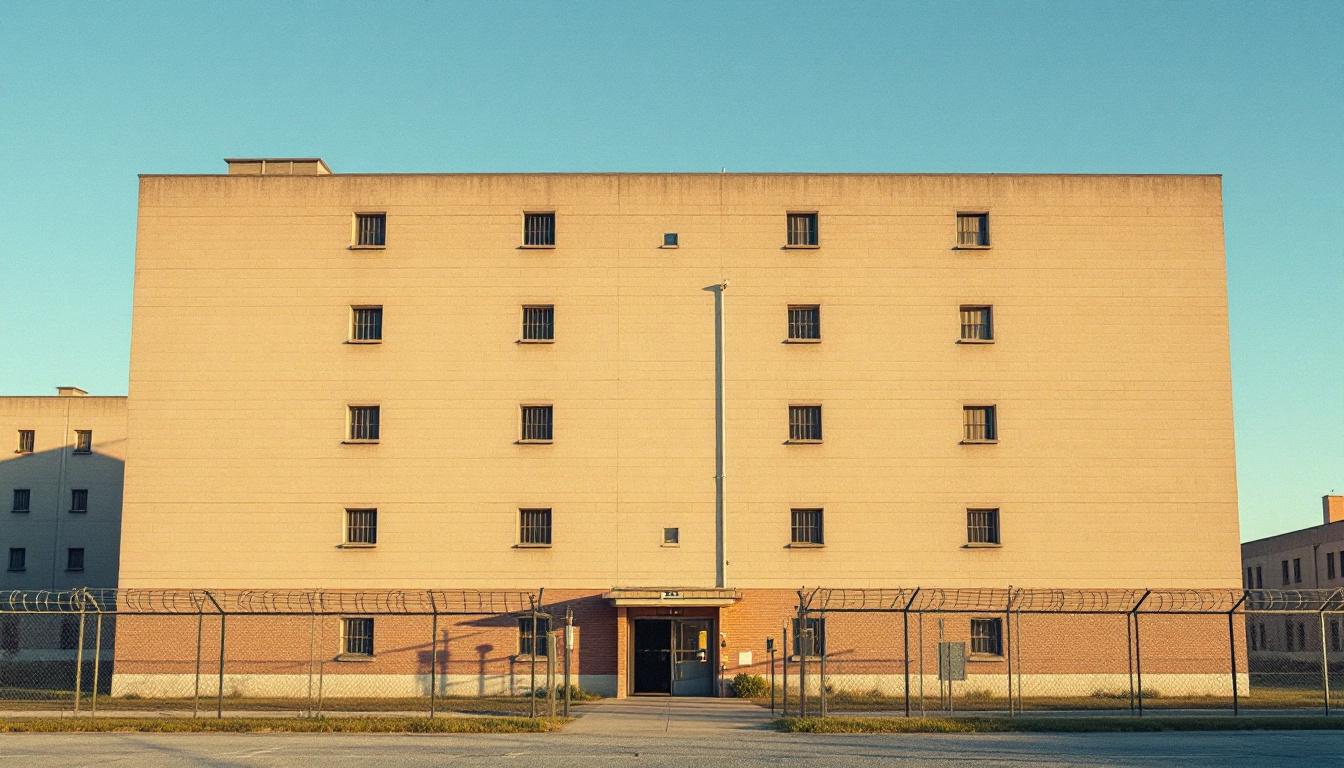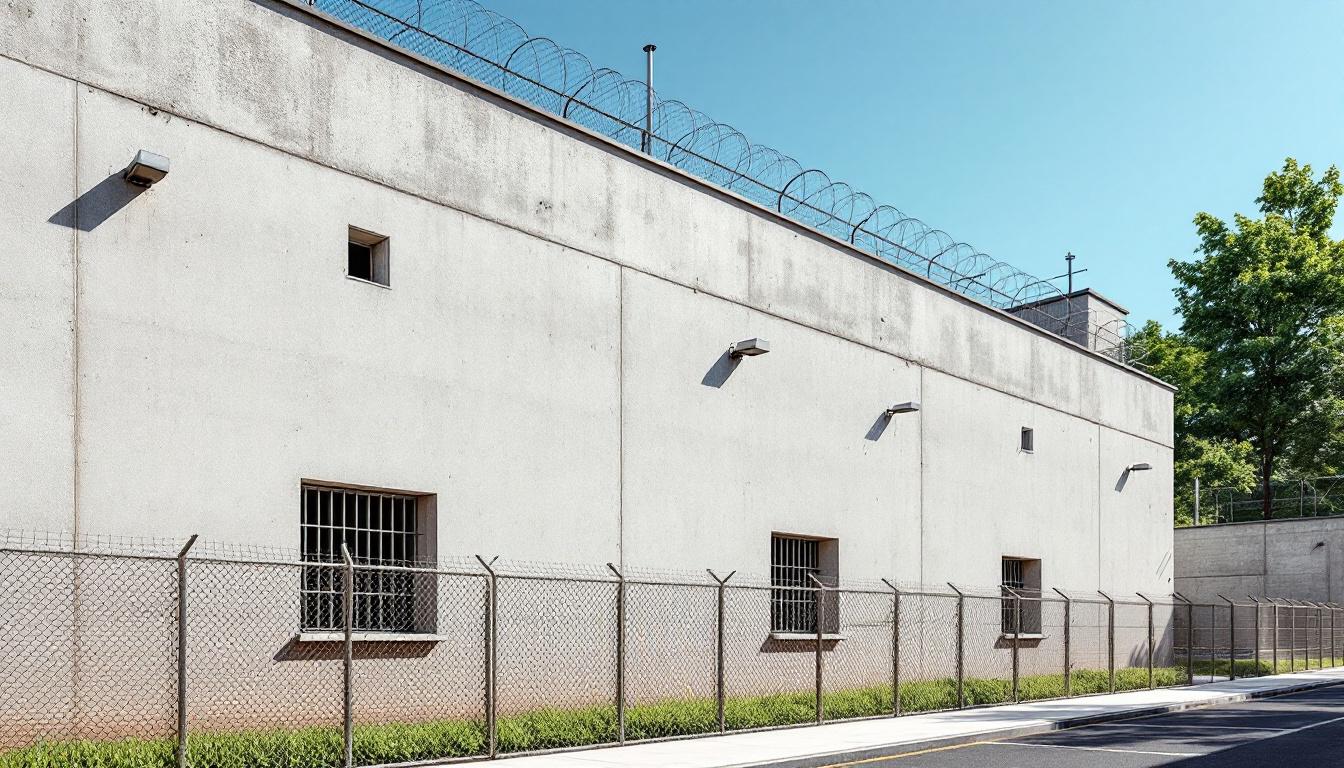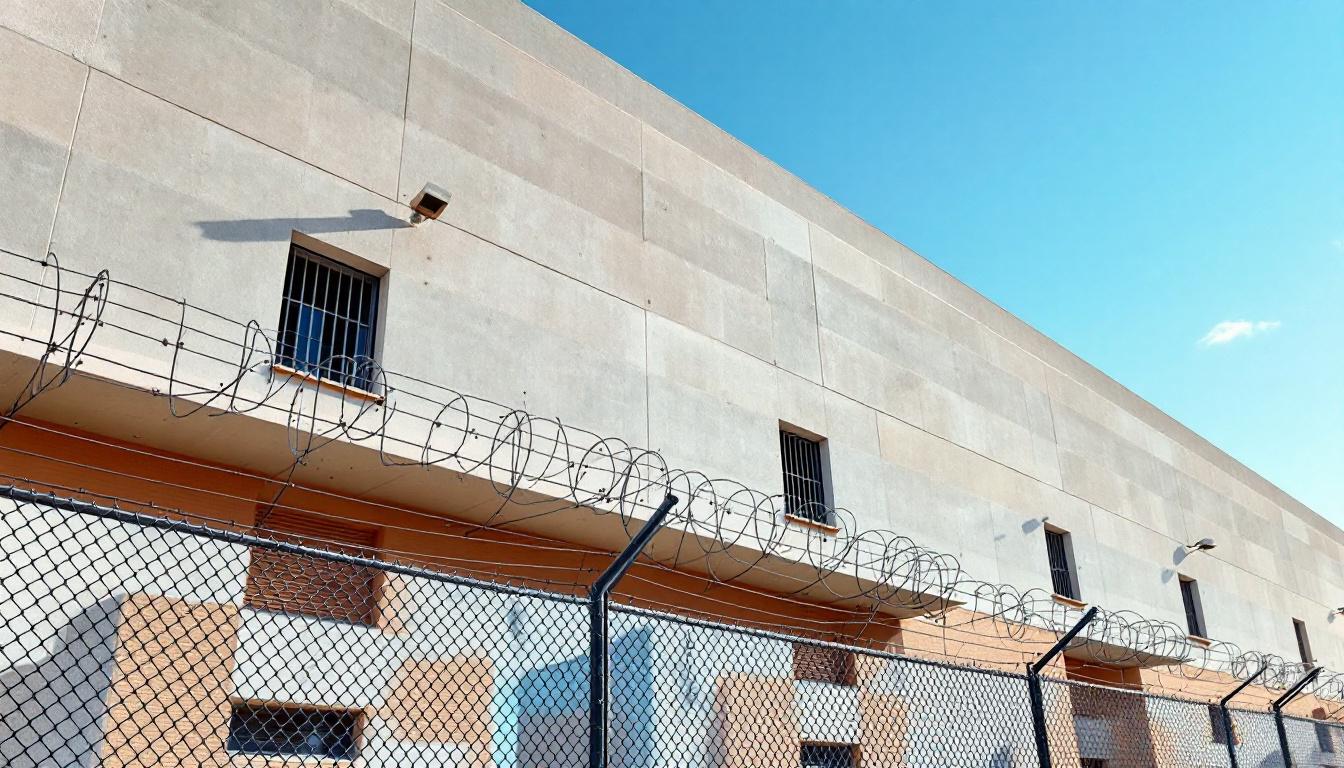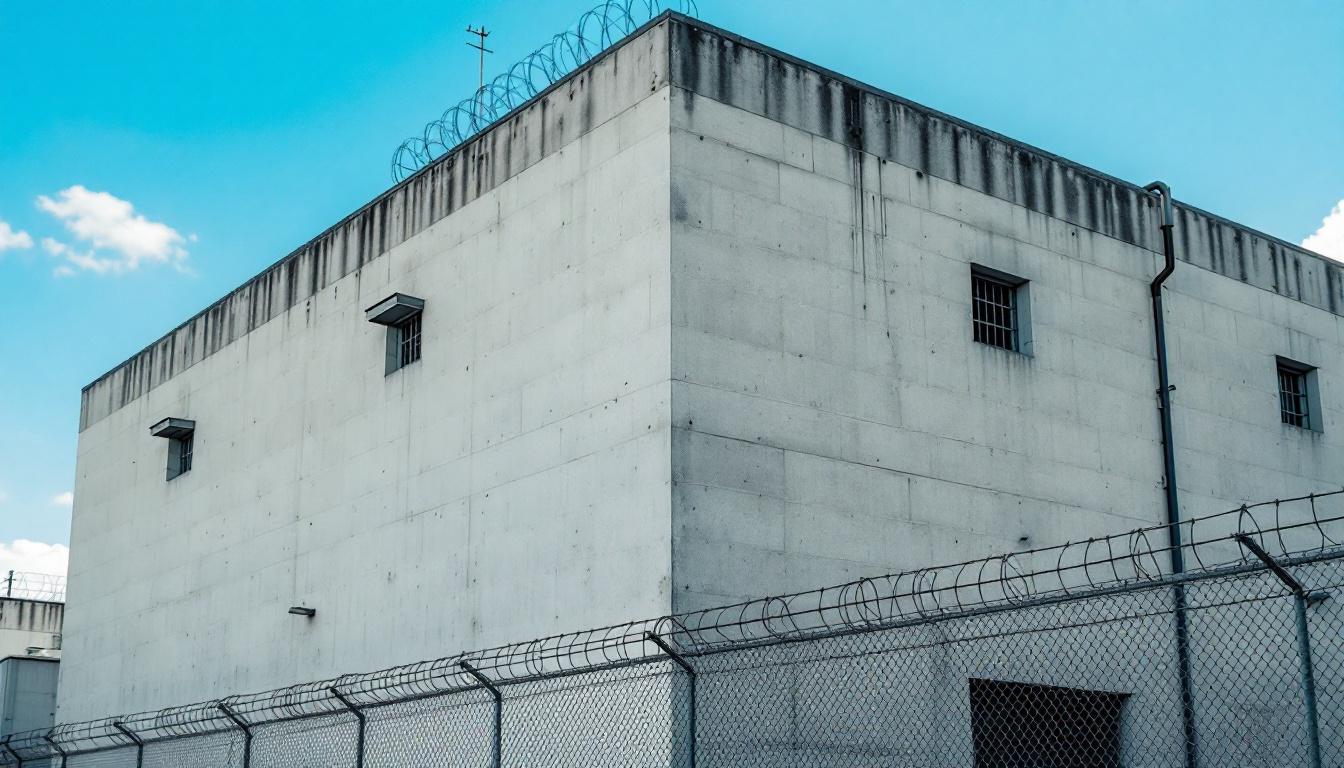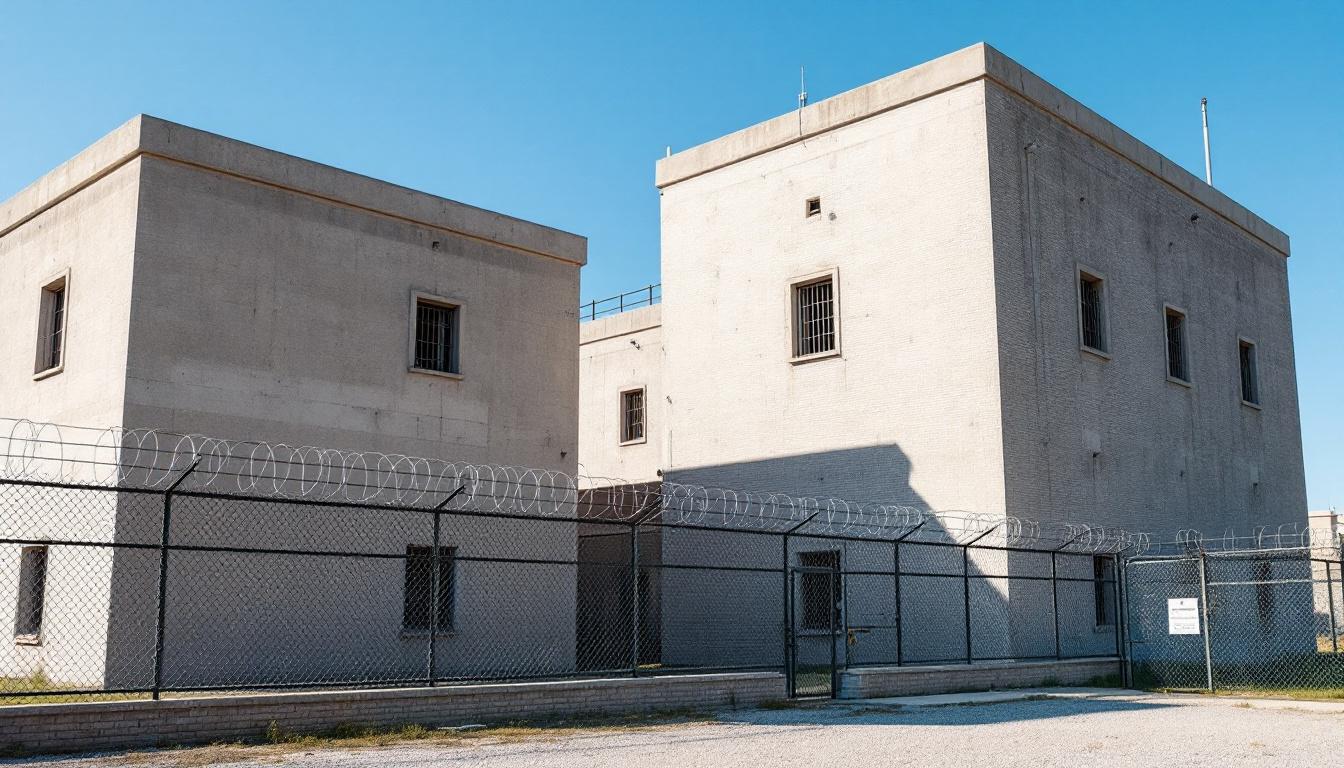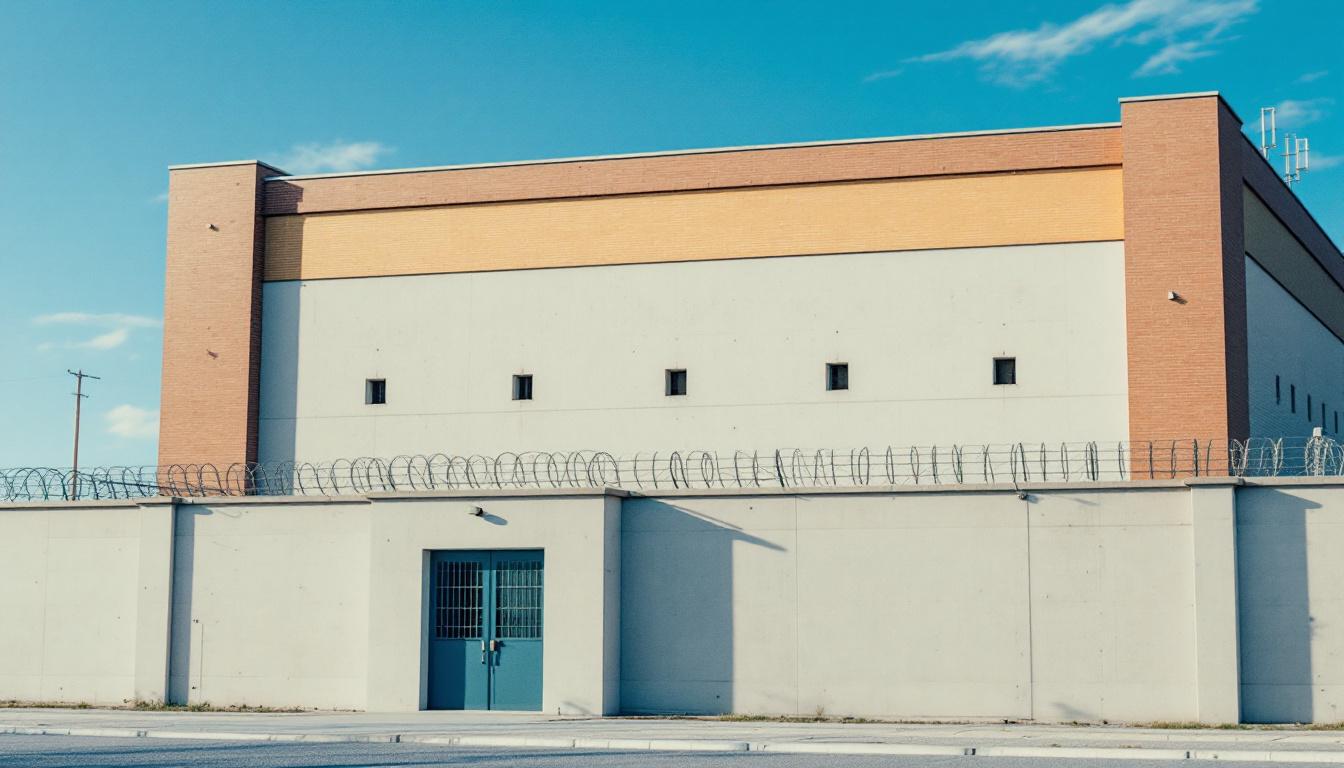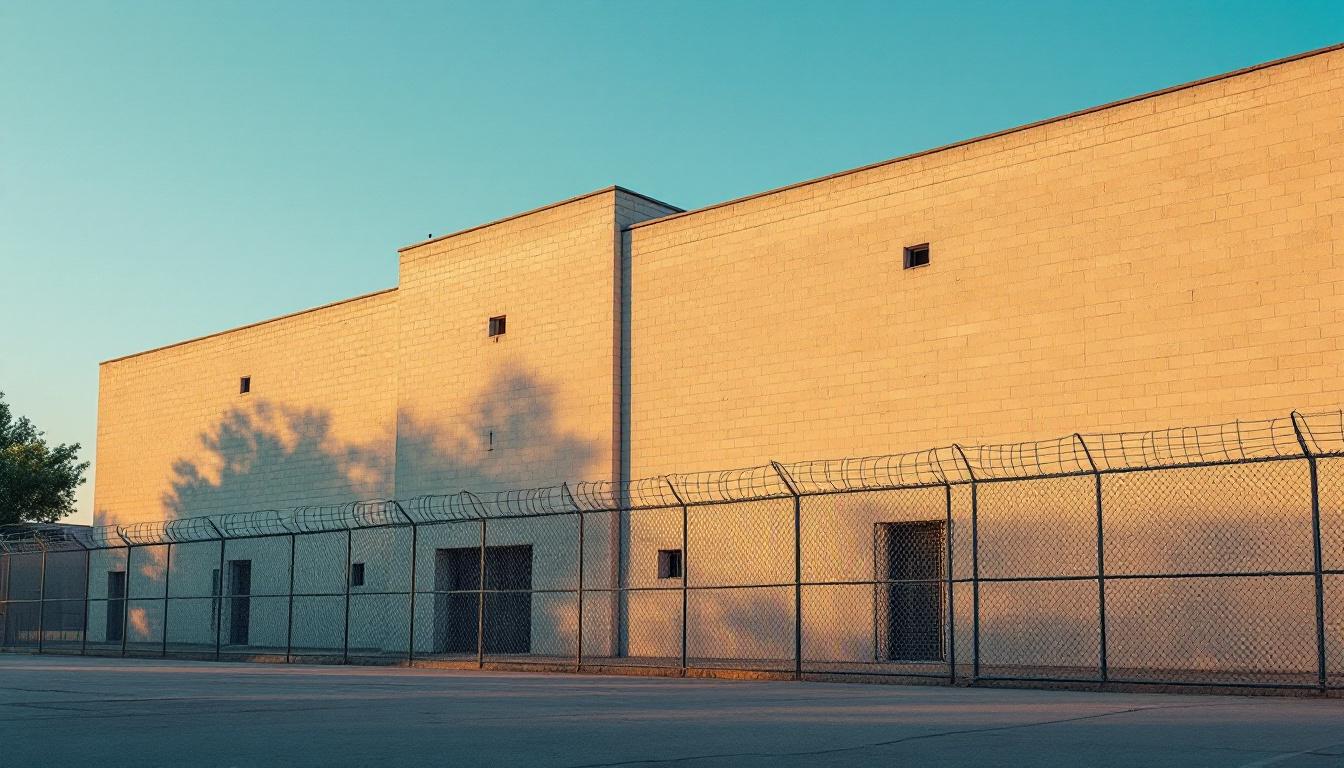
Quick Navigation
How to contact an inmate at Southern Desert Correctional Center
This comprehensive guide will walk you through how to connect with an inmate at Southern Desert Correctional Center. Follow the steps below to find an inmate and send letters and photos:
- Search for the inmate using our search tool below
- Create your account or log in to Penmate
- Write your message (up to 6,000 characters)
- Send instantly - inmates receive printed copies daily
Find an Inmate
Search for an inmate to start communicating today
Tip: You can search by first name, last name, or inmate ID number
To contact a person at Southern Desert Correctional Center start by searching for the person on the official facility website. Perform a search by following these steps:
- Step 1: Enter their first name and last name into the search form and click "Search"
- Step 2: Locate their inmate record
- Step 3: Write down their Inmate ID and any housing information provided
Important! Be sure to enter the person's full name. Nicknames should not be used.
How to Send Messages to Inmates

You can use your phone or computer to send emails, letters, and photos to an inmate. Messages are sent electronically to inmate tablets or kiosks at the facility. If you would like to send a message, start by searching for an inmate at Southern Desert Correctional Center.
Sending Photos and Postcards

A great way to send love and support to a loved one at Southern Desert Correctional Center is to send photos and postcards. It only takes a few minutes to send photos from your phone and it makes a huge difference. You can also mail postcards with words of support and inspiration, or design your own postcard for special moments like birthdays and holidays.
Important! Be sure not to send any explicit photos or they may not be approved by the facility. You can also use a photo printing app like Penmate to make sure your photos are printed at the correct size (4x6 or 3x5) and are mailed according to the rules and regulations of Southern Desert Correctional Center.
Frequently asked questions about Southern Desert Correctional Center
-
How long does it take to deliver a message?
If you're sending an email message your letter is usually delivered within 24-48 hours. For messages sent via mail you should expect delivery within 3-7 days. All messages will need be approved by Southern Desert Correctional Center.
-
How much does it cost to send a message to Southern Desert Correctional Center?
You can send a message free using your phone or mail a message via USPS for the price of a $0.60 stamp and envelope. You can also purchase credits or e-stamps from services starting at $1.99.
-
What services can I use to contact an inmate at Southern Desert Correctional Center?
Penmate
You can use Penmate to send letters and photos to an inmate from your phone. It's an easy way to stay in touch during your loved one's incarceration. Use the inmate locator to find an inmate's location and contact information, then you can send messages within a few minutes.
Securus messaging
Securus may be another option for communicating with an inmate at Southern Desert Correctional Center. You can create a friends and family account and purchase credits to send messages. All messages will be reviewed and must be approved by the facility.
JPay
Some county jails and state prisons may support sending messages with JPay. You must register an account with the system, find your loved one, and purchase stamps to send messages. For some locations you can also attach photos.
Smart Jail Mail
You may also check if Smart Jail Mail is available at Southern Desert Correctional Center. Smart Jail Mail is operated by Smart Communications and has contracted with some state and county jails. After purchasing credits, your messages and photos are sent to the facility, printed out, and then handed out to your loved one.
-
What is the mailing address of Southern Desert Correctional Center?
Mailing address:
Southern Desert Correctional Center
20825 Cold Creek Rd
Las Vegas, NV 89166
Phone: (725) 216-6500 -
What are the visiting hours at Southern Desert Correctional Center?
Visiting hours at Southern Desert Correctional Center vary by housing unit and security level. Generally, visits are scheduled on weekends and holidays, with some facilities offering weekday visits. Contact the facility directly at (725) 216-6500 or check their website for the current visiting schedule. Visits typically last 30-60 minutes and must be scheduled in advance.
-
What items are prohibited when sending mail to Southern Desert Correctional Center?
Prohibited items typically include: cash, personal checks, stamps, stickers, glitter, glue, tape, staples, paperclips, polaroid photos, musical or blank greeting cards, hardcover books, magazines with staples, and any items containing metal or electronics. Only send letters on plain white paper with blue or black ink. Photos must be printed on regular photo paper (no Polaroids). Always check with Southern Desert Correctional Center for their specific mail policies.
-
How do I send money to an inmate at Southern Desert Correctional Center?
You can send money to an inmate at Southern Desert Correctional Center through several methods: 1) Online using JPay, Access Corrections, or the facility's approved vendor, 2) Money orders mailed directly to the facility with the inmate's name and ID number, 3) Kiosks located in the facility lobby, or 4) Over the phone using a credit or debit card. Fees vary by method, typically ranging from $2.95 to $11.95 per transaction.
-
Can I schedule a video visit with an inmate at Southern Desert Correctional Center?
Many facilities now offer video visitation as an alternative to in-person visits. At Southern Desert Correctional Center, video visits may be available through services like Penmate, Securus Video Connect, GTL, or ICSolutions. Video visits typically cost $10-20 for 20-30 minutes and must be scheduled in advance. You'll need a computer or smartphone with a camera and reliable internet connection. Contact the facility for their specific video visitation policies and approved vendors.
-
What identification do I need to visit an inmate at Southern Desert Correctional Center?
All visitors must present valid government-issued photo identification such as a driver's license, state ID, passport, or military ID. Minors must be accompanied by a parent or legal guardian who can provide the minor's birth certificate. Some facilities require visitors to be on the inmate's approved visitation list, which may require a background check. Contact Southern Desert Correctional Center for specific ID requirements and visitor approval procedures.
-
How can I find out an inmate's release date?
To find an inmate's release date at Southern Desert Correctional Center, you can: 1) Use the online inmate search tool if available, 2) Call the facility's records department, 3) Contact the inmate's case manager or counselor, or 4) Have the inmate provide this information during a call or visit. For privacy reasons, some facilities only release this information to immediate family members.
Facility Overview
Contact Information
Southern Desert Correctional Center20825 Cold Creek Rd
Las Vegas, NV 89166
Phone: (725) 216-6500
Official Website
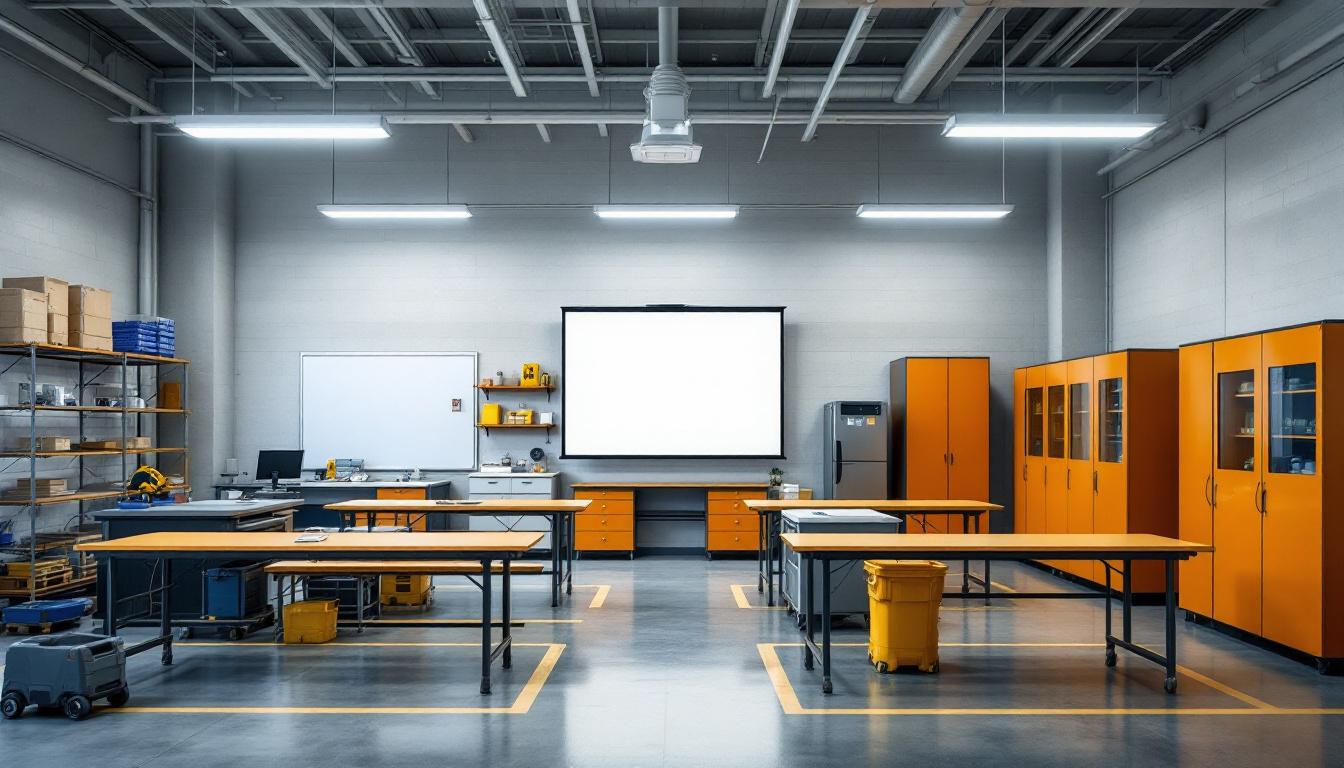
About Southern Desert Correctional Center
Serving the broader southern Nevada region with evidence-based correctional practices, Southern Desert Correctional Center operates as a vital component of the state’s commitment to public safety and offender rehabilitation in Indian Springs, NV. This NV correctional facility typically emphasizes structured programming designed to address the diverse needs of its population while maintaining security standards appropriate for its classification level. Located within Nevada’s expansive desert landscape, the facility generally provides inmates services that may include educational opportunities, vocational training programs, and behavioral intervention initiatives aimed at reducing recidivism and supporting successful community reintegration.
The correctional facility’s approach to rehabilitation often incorporates evidence-based practices that have demonstrated effectiveness in similar institutional settings throughout the mountain region. Programming typically focuses on addressing criminogenic factors through structured interventions, which may include substance abuse treatment, cognitive-behavioral programming, and basic educational services. Mental health support services are generally available to address the psychological needs of the population, while medical care typically meets standard correctional healthcare requirements. The facility’s location in Indian Springs positions it to serve as part of Nevada’s broader correctional infrastructure, contributing to the state’s overall public safety mission while working toward the goal of preparing individuals for eventual return to their communities throughout southern Nevada and beyond.
Programs & Services
Personal transformation through structured intervention forms the cornerstone of rehabilitation efforts at Southern Desert Correctional Center, where inmates engage with comprehensive services designed to address the underlying factors that contribute to criminal behavior. The facility’s approach emphasizes skill-building and cognitive development through evidence-based methodologies that prepare individuals for successful community reintegration. This multifaceted framework recognizes that meaningful change requires addressing educational deficits, vocational limitations, and personal challenges simultaneously.
Educational services typically encompass basic literacy instruction, GED preparation, and continuing education opportunities that enable inmates to develop foundational academic skills essential for post-release success. Vocational programs may provide hands-on training in practical trades, with masonry instruction often serving as a particularly valuable component that teaches both technical skills and work discipline. These educational and vocational services frequently emphasize not dedicated skill acquisition but also the development of critical thinking abilities and professional conduct that enhance employability upon release.
Support services often include employment readiness training that focuses on job search techniques, interview preparation, and workplace expectations to facilitate successful workforce reentry. Also available are therapeutic interventions such as substance abuse treatment programs that address addiction through counseling and behavioral modification strategies. Individual counseling services may provide personalized support for inmates dealing with various psychological and social challenges, while domestic violence programs typically offer specialized intervention for those whose offenses involve intimate partner violence, focusing on accountability and behavioral change through structured therapeutic processes.
Daily Life & Visitation
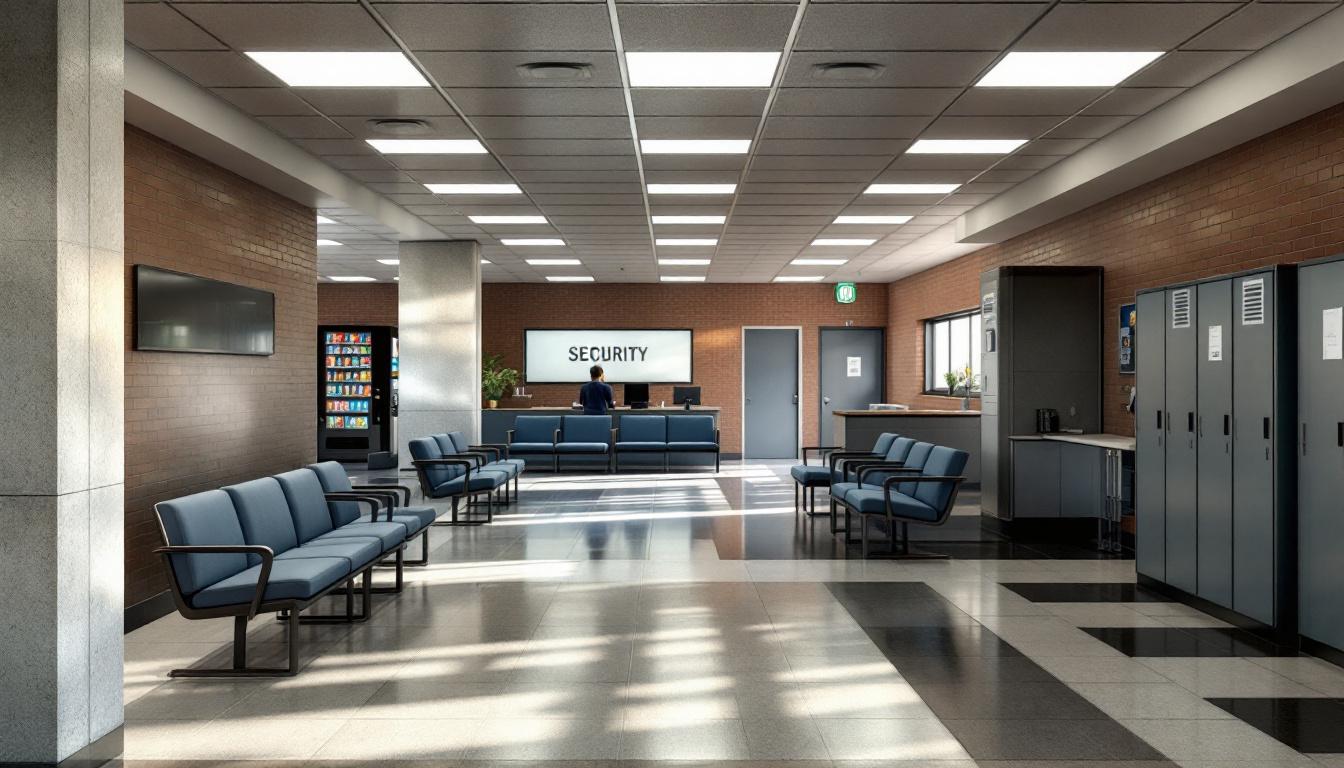
The concrete walls and steel doors of Southern Desert Correctional Center create a controlled environment where inmates must navigate strict schedules and limited personal space throughout their incarceration. At present, inmates actively participate in a highly structured daily routine that typically begins with early morning counts and extends through evening lockdown procedures. The facility generally maintains consistent meal times, work assignments, and recreational periods that provide predictable rhythm to each day.
Housing units at the facility typically accommodate inmates in cells or dormitory-style arrangements, depending on security classification and available space. Inmates usually share living quarters and must adapt to limited privacy while managing personal belongings within restricted storage areas. The dining arrangements generally involve scheduled meal times in common areas, where inmates receive standardized portions and must follow specific protocols during food service. Also, commissary privileges may allow inmates to purchase additional food items and personal care products, though these transactions typically require proper authorization and adherence to spending limits.
Recreational opportunities often include access to outdoor exercise yards, indoor common areas, and organized activities that help inmates maintain physical fitness and social connections. Work assignments within the facility typically provide structure while allowing inmates to develop skills in areas such as kitchen services, maintenance, or administrative support. However, visitation policies generally require advance scheduling and adherence to dress codes and identification requirements, while telephone and mail privileges typically offer regulated communication channels with family members and approved contacts outside the facility.
Ready to Connect?
Start communicating with your loved one today
Search for an Inmate
